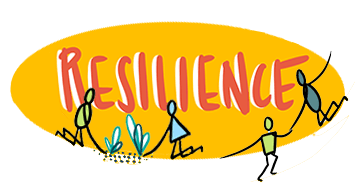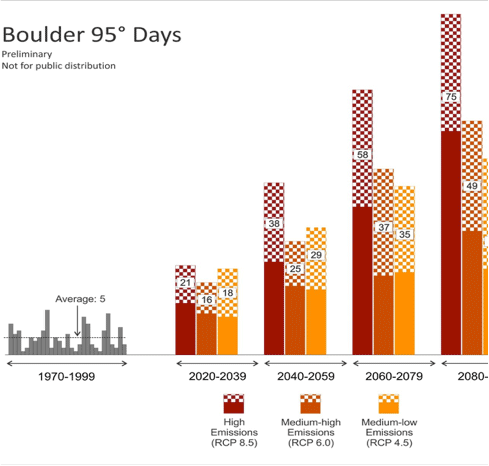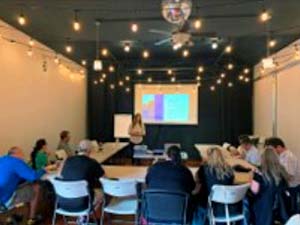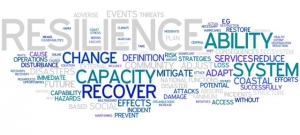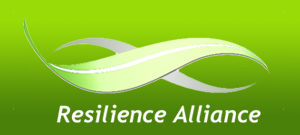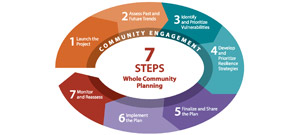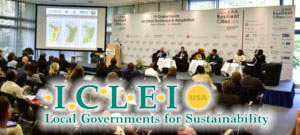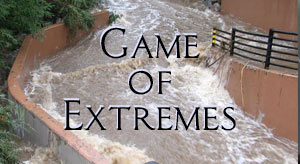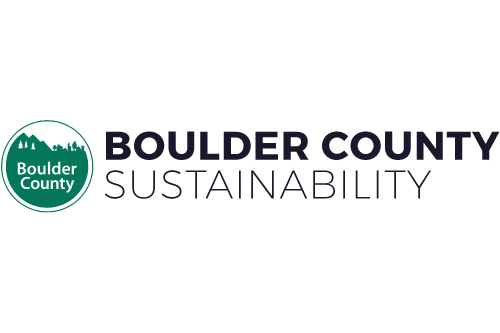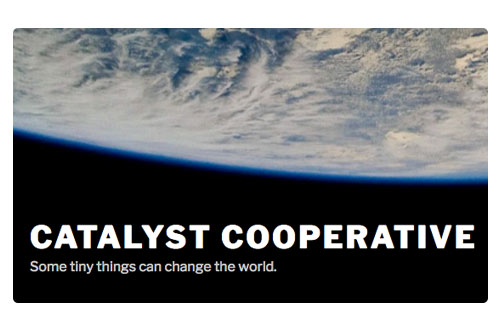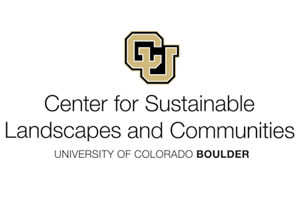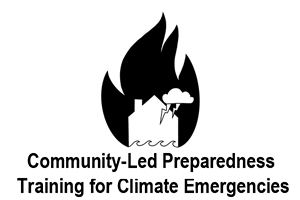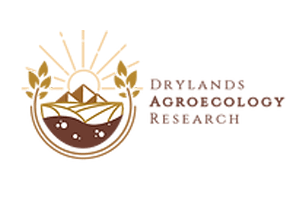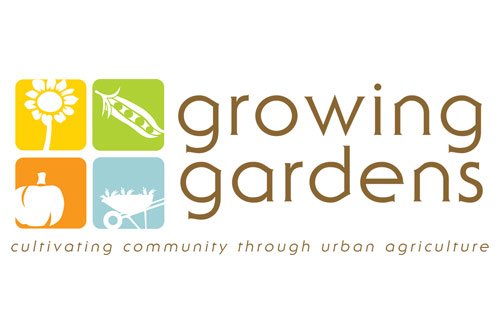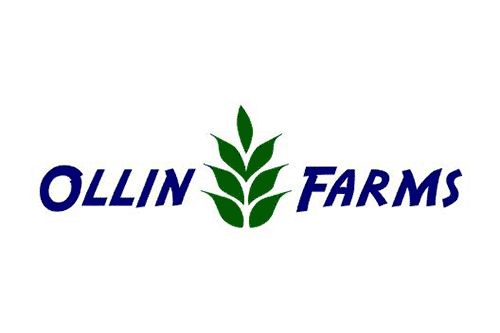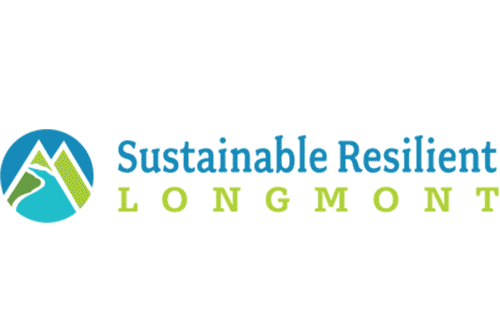Core Principle: Resilience
This is a focus area for everyone! We will explore:
• How do we ensure that our climate systems build resilience in our community?
• Build resilience in our community, so we can withstand both sudden and more gradual emergencies
• Establish independence from the grid through innovating back up technologies
Topics might include:
Micro Grids | Reforestation | Neighborhood Organizations | Local Food and Energy
Learn More About Resilience
from these helpful resources, websites, and stories
Resilience Principles: Managing for an Uncertain Future
Below are three sets of principles for dealing with an uncertain world.
First, there has to be recognition that the world is complex and uncertain!
Key Resilience Concepts
The Resilience Alliance has good explanations of: Social-ecological Systems | Transformation | Resilience | Panarchy | Adaptive Management | Adaptive Cycle | Adaptive Capacity
A Practical Guide to Building Climate Resilience
This free resource from Climate Ready Communities is built on the Geos Institute’s Whole Community Resilience framework and walks through creating a community climate resilience plan.
ICLEI’s Climate Preparedness Programs
ICLEI has understood the risks facing communities but also the steps toward resilience, providing technical assistance to cities, towns, and counties in their efforts to adapt to climate change.
Upcoming Local Resilience Events
One of the most important ways to prepare for change is to practice how we would respond if confronted by a range of different disruptions. Making this sort of practice fun while it is also informative is the objective of the “Game of Extremes.”
Wed, November 20, 2019 5:30 PM – 8:00 PM MST | Alfalfa’s Community Room | 1651 Broadway
More Resilience News & Resources
2019 Global Assessment Report on Disaster Risk Reduction
The United Nations Office for Disaster Risk Reduction (UNDRR) works with thinkers, practitioners, experts and innovators to investigate the state of risk across the globe, highlighting what’s new, spotting emerging trends, revealing disturbing patterns, examining behaviour and presenting progress in reducing risk. The findings make up the Global Assessment Report on Disaster Risk Reduction (GAR), which is published every two years.. Download PDF
Microgrid Analysis and Case Studies Report
California Energy Commission review of California, US and global microgrids. Download PDF
Airport Microgrid in Northern California Looks to Create Replicable Model
Review of Redwood Coast Airport Microgrid. Read the Microgrid Knowldege Story
Will PG&E’s Blackouts Catalyze California’s Microgrid Market
Discussion of microgrid potential to protect against California wildfire threat. Read Green Tech Media story
Wildfire Risks Spark a Move to Microgrids in California
Discussion of microgrid potential to protect against California wildfire threat. Read GovTech story
Lessons Learned from California’s Pioneering Microgrid
Performance review of seven microgrids in California. Download PDF
Recently Submitted Comments & Suggestions
Let’s Look At: Look to natural world for models or resiliency Local food on public land – currently farmed with pesticides Mental health #1 Neighborhood “tool libraries” – library of things More support for farmers who are transitioning to sustainable farming – it takes 3-4 years to move from conventional – to establish ground cover, etc.
Show Recently Submitted Comments & Suggestions
Big ideas to grow Boulder’s resilience – what else should our community be doing to grow its ability to survive, adapt and thrive amidst multiple disruptive changes?
- I think we’re missing a core piece around the change in culture, change in becoming citizens of the earth, right relationship within the natural world
- When we talk about resilient societies, we also need to talk about societies around the world that are already resilient, who have things to teach us about how to structure our societies to be sustainable – when will we examine the myths of success and progress that got us into the climate crisis? If we move towards solutions without changing our mindset and cultural foundations, how can we create systems that are really different than what we already have?
- Look to natural world for models or resiliency
- Healing intergenerational trauma from inquisition
- Joanna Macy’s The Work That Reconnects
- Supporting laws to protect rights of rivers- etc. – see New Zealand
- Resiliency from reconnecting with nature
- Local food on public land – currently farmed with pesticides
- Including arts
- Neighborhood “tool libraries” – library of things
- Mental health #1
- Publicize the d___ water recirculating system as a way to serve water in homes – gotwater.com – offer rebates for installing the system
- Plant more trees
- Stop pesticides – they harm soil diversity
- We need ready access to biodiverse collections of important (food, medicine, shade) plant species – we have the land for these collections to live “in site” for our needs, and offspring can be selected for success in a changed climate – I’m doing this with apples on leased city land – going to start collecting biodiverse populations of street tree species this winter
- Also do pandemic planning
- Matrix works groups as living systems
- #NETZEROBY2020, #ZERO BY 2030
- Neighborhood organizations/organizers
- Stop building in our remaining floodplains
- Faith communities’ resources
- Always ask, “how does this improve/protect the soil?”
- What we stand on is our health
- Book – The Wild Edge of Sorrow
- Build adaptive capacity of low-income residents – aquatic connectivity
- Resilience of ecosystems wildlife connectivity – aquatic connectivity
- Griefwork
- Planning too far in the future can end up being disappointing – life constantly changes
- More support for farmers who are transitioning to sustainable farming – it takes 3-4 years to move from conventional – to establish ground cover, etc.
- New story: Braiding Sweetgrass
- Emotional resilience (+1)
- Shift from consumerism – what can we share and borrow and return – circular power! – Ex: Vessel
- Building capacity to cope with change and support others
- Read latest Audubon report on bird species to be extinct
- Save our grasslands
- Neighborhood solidarity
- Resilience of insects – insect collapse
- Public banks
- Store food in emergencies – both city and at home
- CU/Naropa “loan forgiveness” for helping with fire/flood mitigation
- Partner with indigenous leaders
- Building code department needs to communicate with Department of Natural Resources, i.e. water
- Emotional soul-level resiliency
- Anti-fragility


